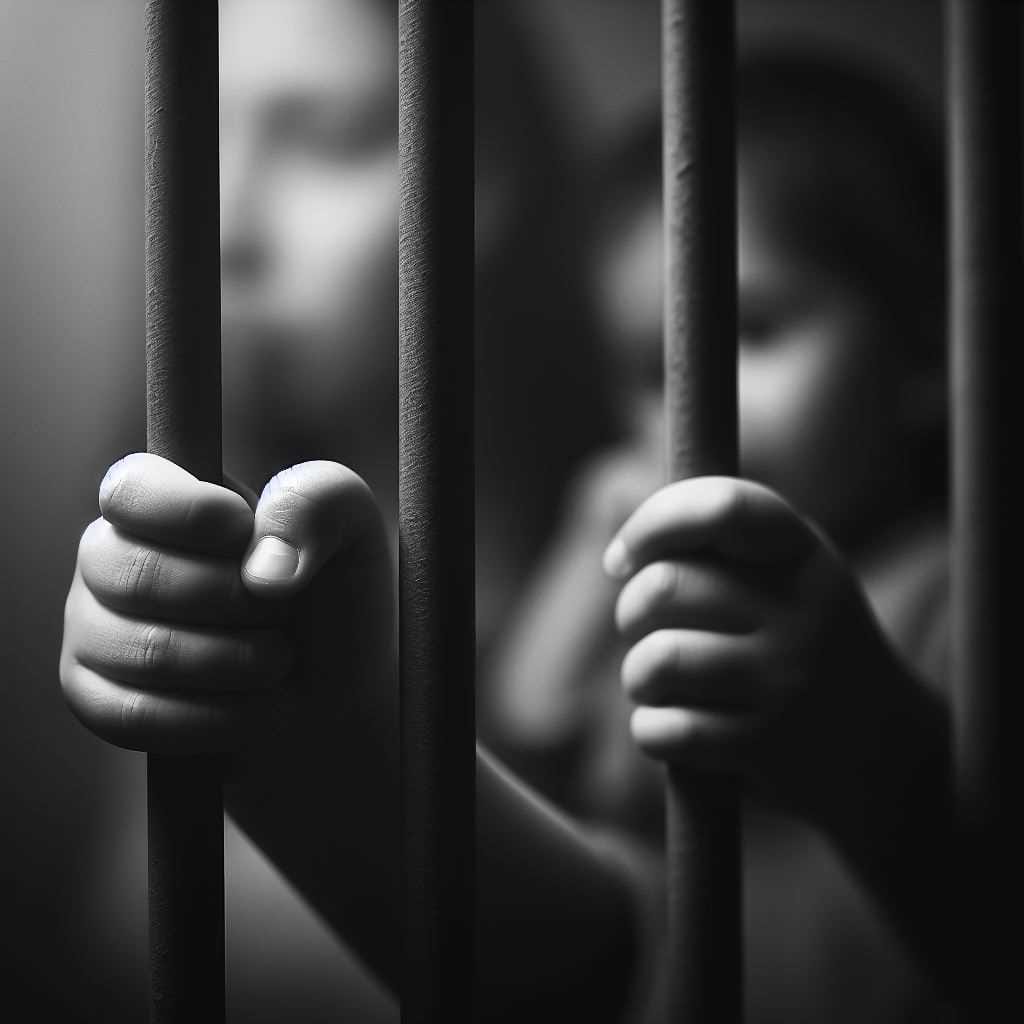“Mom Did What?!” When Prisons Double as Daycare
Experts highlight the growth of female incarceration and its devastating impact on mothers and their children living in prisons. Women, often sole caregivers driven to crime by poverty, face inadequate prison conditions for themselves and their kids.

Say the word “prison” and certain images form: stern guards, clanging gates, and grim cells. But for hundreds of young children across the Americas, “prison” is where they call home. Why? Their moms are incarcerated, and with laws often lagging reality, these kids spend their formative years behind bars too.
This isn't some bizarre reality show – experts from top institutions like the UNAM (Mexico's National Autonomous University) are sounding the alarm about the dire realities facing imprisoned women and the kids who rely on them.




